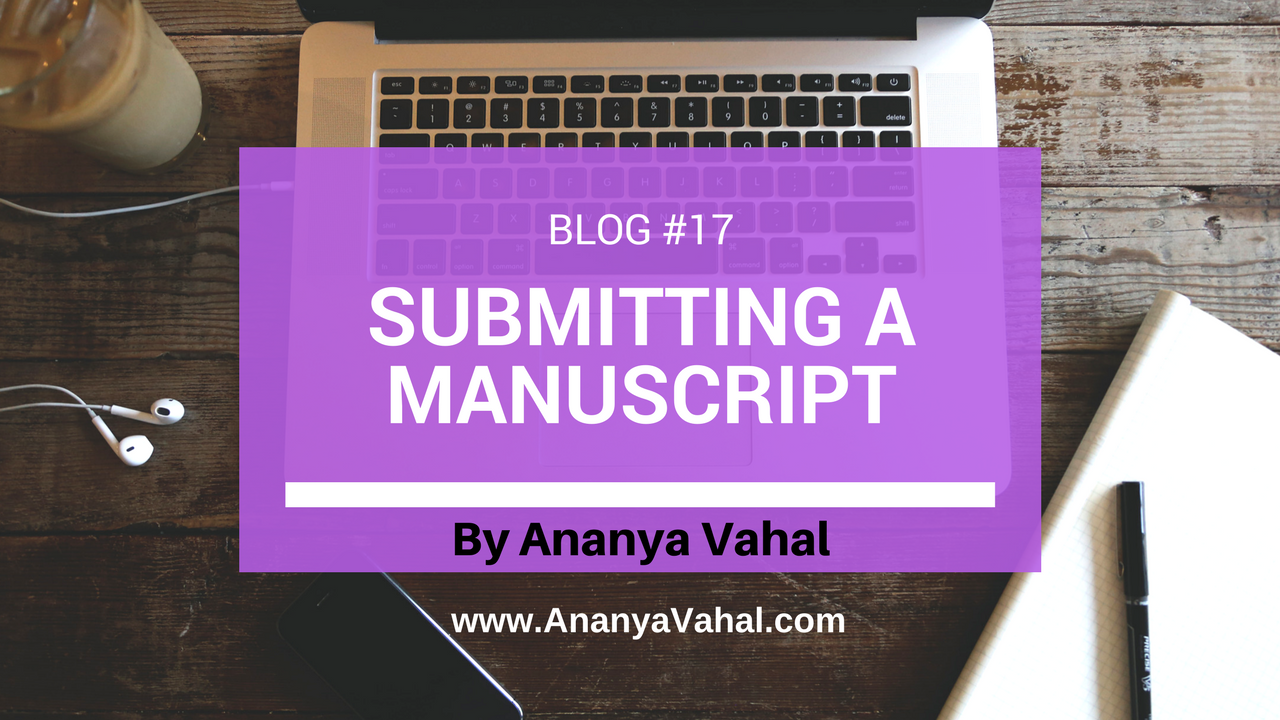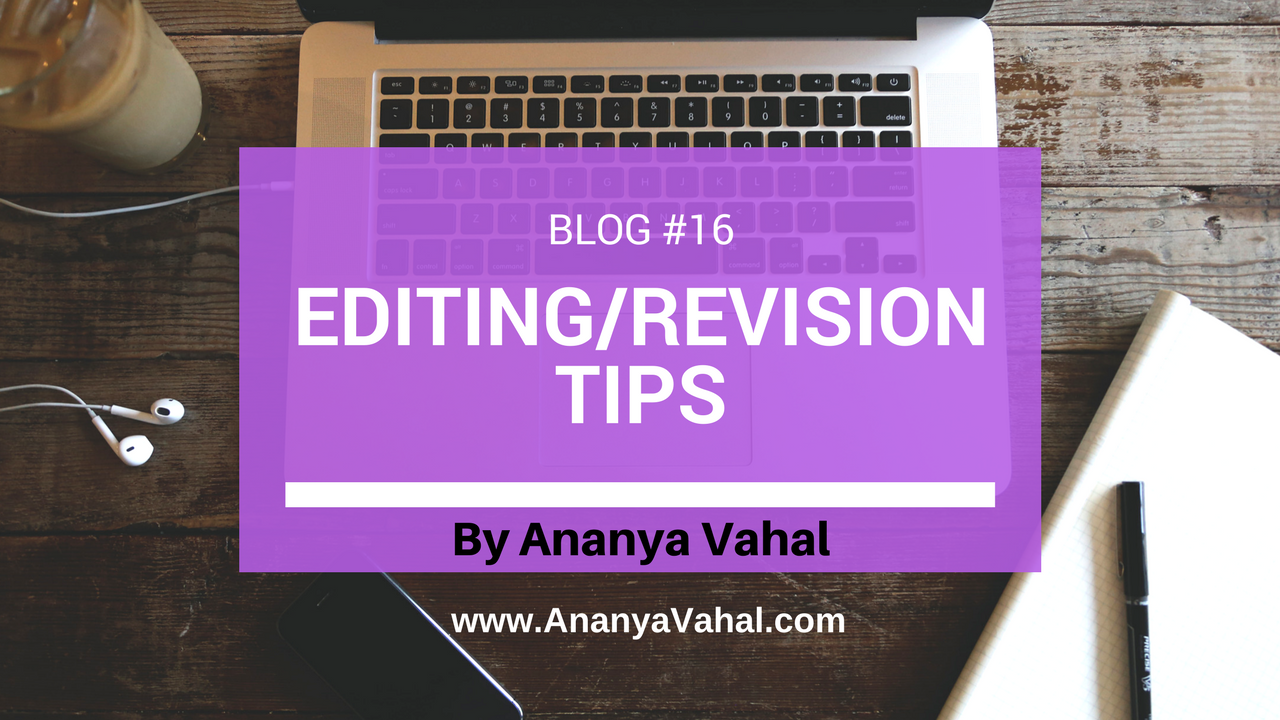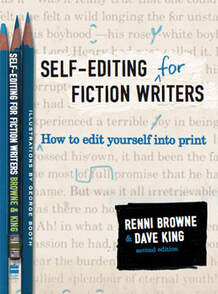|
Hello everyone!
This week, I’m sharing everything I have learned from experience and research about the important things to pay attention to when submitting a manuscript.
I hope you found the information in this blog helpful. In my next few blogs, I will continue to explore each of these topics and break them down further with more resources and experiences I’ve had. As always, thank you to all of you who have taken the time to read my blogs and shared your advice and experiences with me. I’m in this writer’s journey like all of you and I hope to continue learning from you all as well. If you have any advice or personal experiences to share about the information in this blog, please comment below or contact me personally through the contact form on “contact” page. You can also sign up for my newsletter on the bottom of the page for updates on my writing. Next Wednesday’s blog will be about my (scary) process of learning how to write a query letter. Until then… Happy Writing! :) Find me on social media. Links at the bottom of the page 👇🏽
0 Comments
As I am working through the editing/revision process of my memoir, I'm learning new ways of improving my process from my personal experience, feedback from my critique group, and suggestions from professional editors. Although I am still figuring out my process as I go, here are some tips that have helped me:
As always, I am humbled and encouraged by all of you who take time to read my blogs and share your advice/experiences with me. You all keep me motivated!
Please continue to share your advice/experiences regarding the revision/editing process with me in the comments. Next Wednesday’s blog will be about the process of submitting a manuscript. Until then… Happy Writing! :) Find me on social media. Links at the bottom of the page 👇🏽 Writing is the fun part for me because I get to be creative and make something new. However, editing is just as important if not more important in my writing process. In this video, I want to share with you the importance of this process and how I have structured my own editing/revision process over time. Thank you for watching and I hope you found this blog useful! Again, thank you to all of you who have been reading/watching my blogs and sharing your advice and experiences with me. You all keep me motivated to keep posting. Please share your thoughts on this blog with me in the comments below and feel free to share it with other writers who might find it useful. In my next blog, I will give you all some editing and revising tips that I have learned from my critique groups, professors, and professional editors. Until then... Happy Writing! :) Find me on social media. Links at the bottom of the page 👇🏽 Art by Loso F. Perez of Prime Vice Studios Creative Consulting by Dan “DTM” Flores Edited in iMovie Memoirs are personal. As a memoir writer, you give readers a glimpse into your private life in the book. Although it is about you, it has to be built around universal themes that others can relate to. The things we experience in life might be unique to us, but our emotions and reactions to those experiences are often universal. When writing a memoir, you have to be aware of the universal themes you are building your story around.
My memoir is a collection of essays that aren’t in chronological order. The way my memoir is structured, it is even more important for me to have strong universal themes tying all of the essays together. The big question is, how do you sift through your entire eventful life to find (a) common universal theme(s) for your memoir that will engross your readers?
These are a few strategies that have helped me become clearer over time about what the universal themes in my memoir are and how to make sure they are consistent through all parts of the book. I hope you found this useful! Thank you to those of you who have been taking the time to share your experiences and advice with me on these blogs and on social media. You all keep me motivated to keep writing. Please share your experiences with me in the comments below on how you were able to find (a) strong universal theme(s) for your memoir because I am always looking to improve my writing process! Next week’s blog is about the editing/revising part of my writing process. Until then… Happy Writing! :) Find me on social media. Links at the bottom of the page 👇🏽 |
AuthorThese blogs explore my writing process and highlight my favorite writers and books. Archives
June 2022
Categories
All
|





 RSS Feed
RSS Feed
















